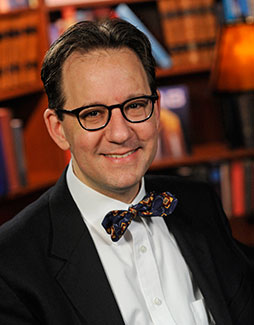 Many veterans and homeless lack access to regular primary care, and studies show many feel unwelcome in health care settings.
Many veterans and homeless lack access to regular primary care, and studies show many feel unwelcome in health care settings.On any given night in the United States in 2012, there were more than 600,000 persons who were homeless, including roughly 62,000 veterans. Many are in poor health or at high risk of dying. Burdened by lack of access to money or insurance, and by competing challenges such as finding a place to sleep, they often lack access to regular primary care. Even when care is obtained, studies show that homeless individuals are more likely to feel unwelcome.
In response to these challenges, a number of programs across the country have tried to develop special primary care service teams specifically tailored to offer a patient-centered experience for homeless patients.
Birmingham VA Medical Center and University of Alabama at Birmingham School of Medicine physician Stefan Kertesz, M.D., led a group of investigators at four VA Medical Centers and the Boston Health Care for the Homeless Program in an effort to build a survey that would help patients rate their care. The survey, known as the PCQ-H (Primary Care Quality-Homeless), assesses patient perceptions of the patient-clinician relationship, cooperation among caregivers, accessibility and coordination of services, and attention to homeless-specific needs. The survey enabled researchers to compare experiences of patients obtaining care at two homeless-tailored clinics, as well as at three facilities that provided standard primary care in mainstream clinics.
Findings, which were published Oct. 22 in the American Journal of Public Health, showed that, for each aspect of primary care assessed with the new survey, patients rated their care more favorably in the highly tailored primary care program. Patient ratings were lower at three mainstream VA programs. A moderately tailored and somewhat newer tailored program in the VA obtained results that were intermediate.
“For homeless patients in particular, to whom emotional and material barriers to care are so profound, the first goal is to build a relationship,” said Kertesz, associate professor of Preventive Medicine in the Department of Medicine and the principal investigator for the study. “We wanted to scientifically measure whether a stronger relationship develops in primary care programs that really tailor their services for homeless patients. That meant using a truly valid survey tool with the patients. We took three years to write one that focuses on what matters to the homeless.”
In a separate analysis focused on the less common event of a truly unfavorable experience in care, the research team found that such unfavorable experiences were 1.5 to 2 times more common in the mainstream clinical sites compared to the tailored sites. These results remained significant even after statistical efforts to take into account differences in patient characteristics across the sites.
Results of this study may help guide major federal initiatives seeking to promote patient-centered care and patient-centered outcomes research. Kertesz says that different federal departments have adopted different approaches in regard to primary care of homeless individuals in recent years.
“The VA has recently funded the development of 37 homeless-tailored primary care clinics across the country, a number that is slated to rise,” Kertesz said. “A report like ours can inform both the VA and non-VA programs that fund primary care for homeless persons, where they really have a choice about whether to emphasize programs tailored to unique populations or not. This report suggests that patients can truly tell the difference.”
